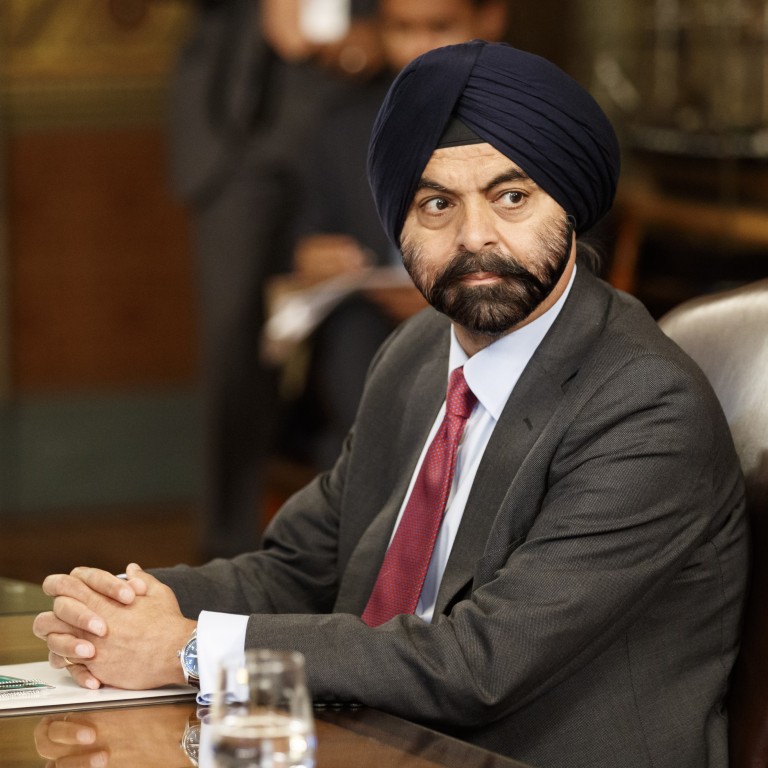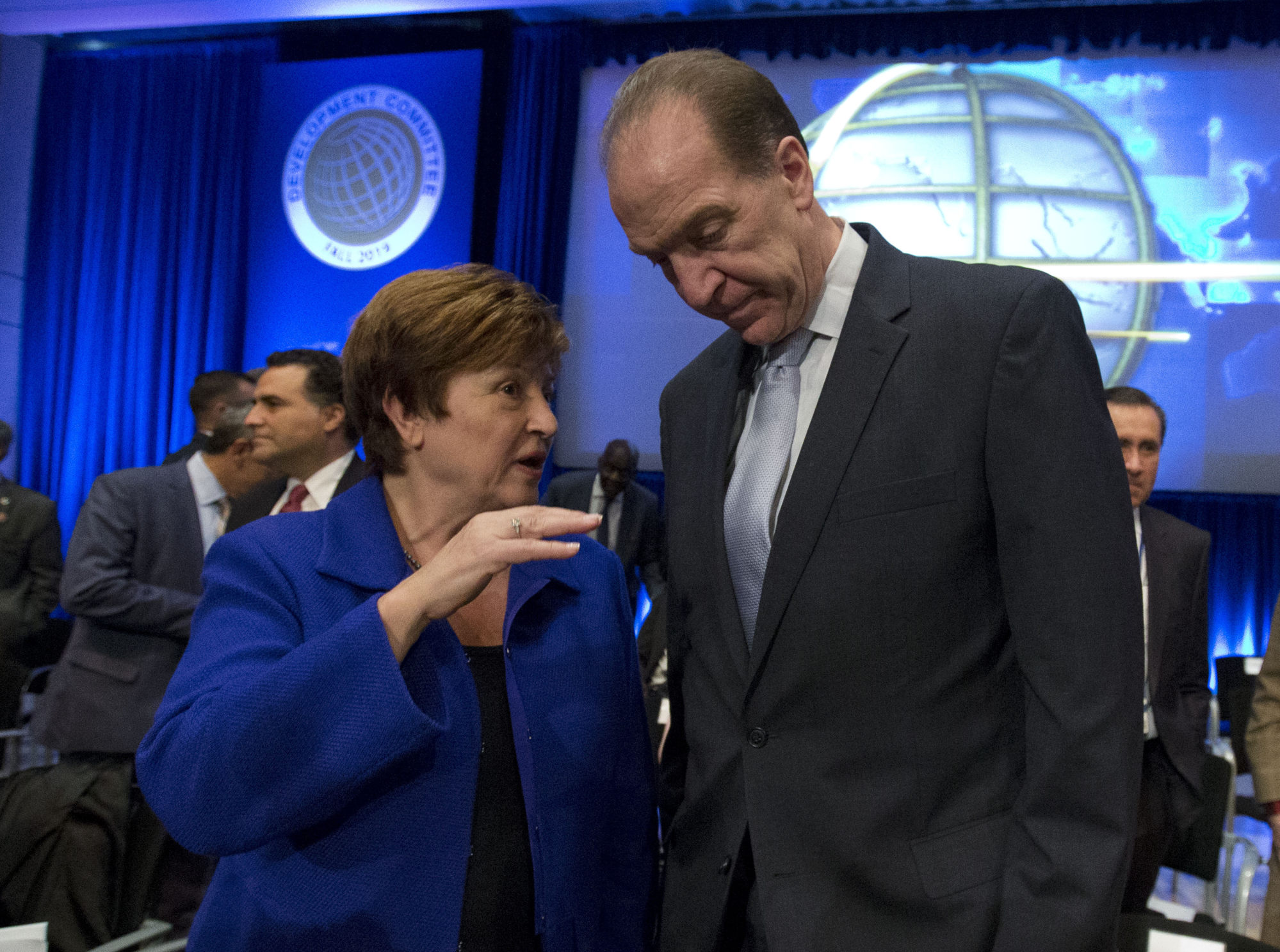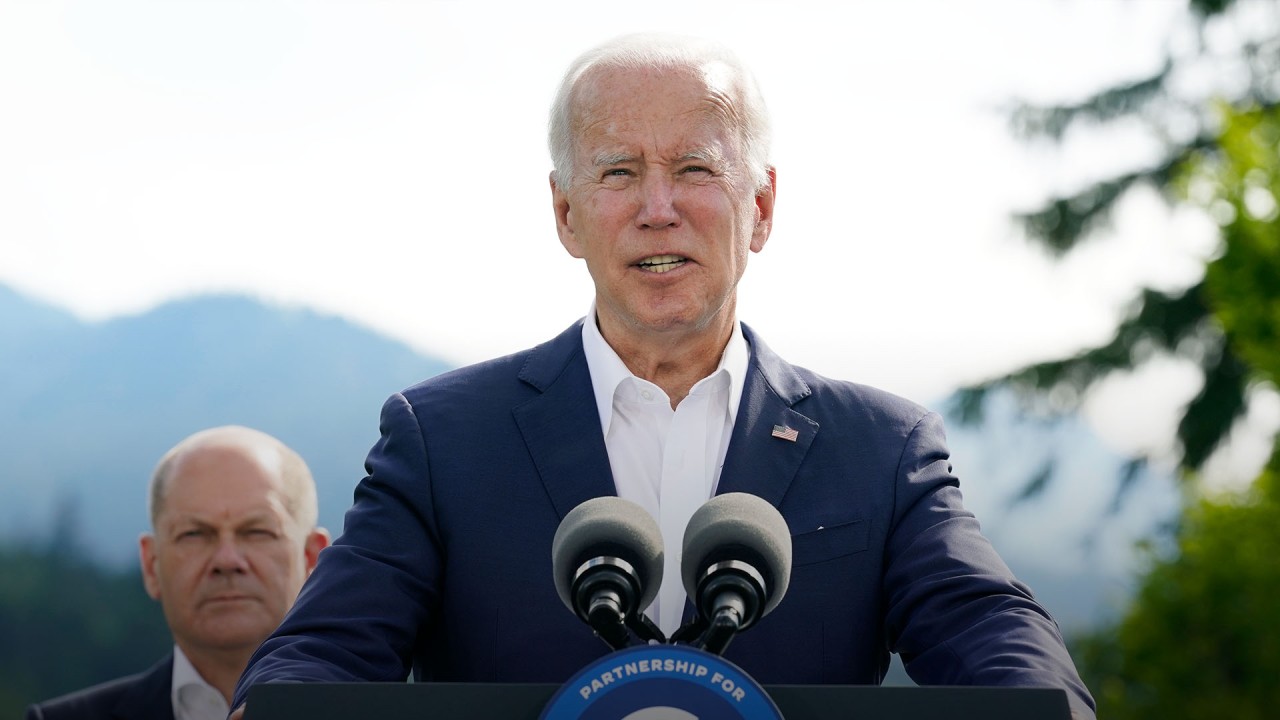
How the new World Bank chief can stop ‘mission drift’
- While the multilateral organisation has sometimes behaved like a social lending institution, the new president should pull the institution back onto a more bank-like track
- If he can persuade its government shareholders to allow the bank to ‘securitise’ some of its projects, it would open the door to a new hybrid form of private and state capitalism
The World Bank was an ingenious invention under the Bretton Woods monetary architecture launched in 1944. It was, however, designed originally to finance reconstruction in post-war Europe rather than being a “world” bank as such and its Western orientation has created an identity problem ever since.
Others among the World Bank Group’s 189 shareholder countries still have time to propose an alternative candidate. The economically powerful Asian nations should seize this opportunity to ensure that whoever is chosen will combine Asian pragmatism with Western development ideology.
This is yet another change of course for a nearly 80-year-old institution that has swung from being a European infrastructure bank to a lender to the “third world”, a poverty alleviation bank and then through incarnations such as health, education and other services provider.
The International Bank for Reconstruction and Development, as the World Bank’s core operation is known, has sometimes appeared to forget the fact that it is a “bank” with a unique capital structure and access to public and private funds and has behaved like a social lending institution.

If Banga is confirmed as president by the World Bank’s shareholder countries, a likely although not foregone conclusion, and is able to grasp this reality, and use his financial services skills to pull the institution back onto a more bank-like track, that will be a good first step.
There is little point in mouthing platitudes, as US President Joe Biden has done, about the ability of the latest US nominee to mobilise private-sector funds unless the scope of the climate change and other challenges is accepted.
Advanced nations, too, not least the US and those in Europe, will need multi-trillion-dollar investments in climate change, particularly in so-called transition finance. The World Bank and other multilateral development banks will need to play a much bigger role than generally realised in these nations.
Private savings that are currently channelled via capital markets into areas such as climate change, infrastructure and healthcare are nowhere near big enough to meet the need. Without the World Bank and others to act as financing conduits, financing will simply fail.
This demands a major rethink of how market and state capitalism operate, and of ways to collect and invest savings in Western economies. Absent such a rethink, governments will need to raise taxes to meet the funding gap.
World Bank and bodies like it need reform, but still play critical role
The World Bank and other development banks could be critical catalysts for directing private funds into areas like climate change, provided they are given greater and more direct access to private savings. For this to happen, Banga or whoever becomes World Bank president will need to think creatively.
It would also mean that the considerable human and financial resources of the World Bank – from engineering and project skills to health and welfare resources, not to mention administrative resources and legal heft – could become more widely used.

If the new World Bank president can take the lead in guiding the institution into such an expanded role, other multilateral development banks at the regional and subregional level, not least the Asian Development Bank, are likely to follow suit.
The AIIB, owned by 106 countries, among which China, India, Russia and Germany are the largest, could offer useful lessons in state-market collaboration. Unapologetically an “infrastructure” bank, the AIIB has avoided the ideological and mission swings of the World Bank, and similar pragmatism needs to be applied to climate and infrastructure lending.
What is needed at the World Bank is radical new thinking and not simply a new president.
Anthony Rowley is a veteran journalist specialising in Asian economic and financial affairs


